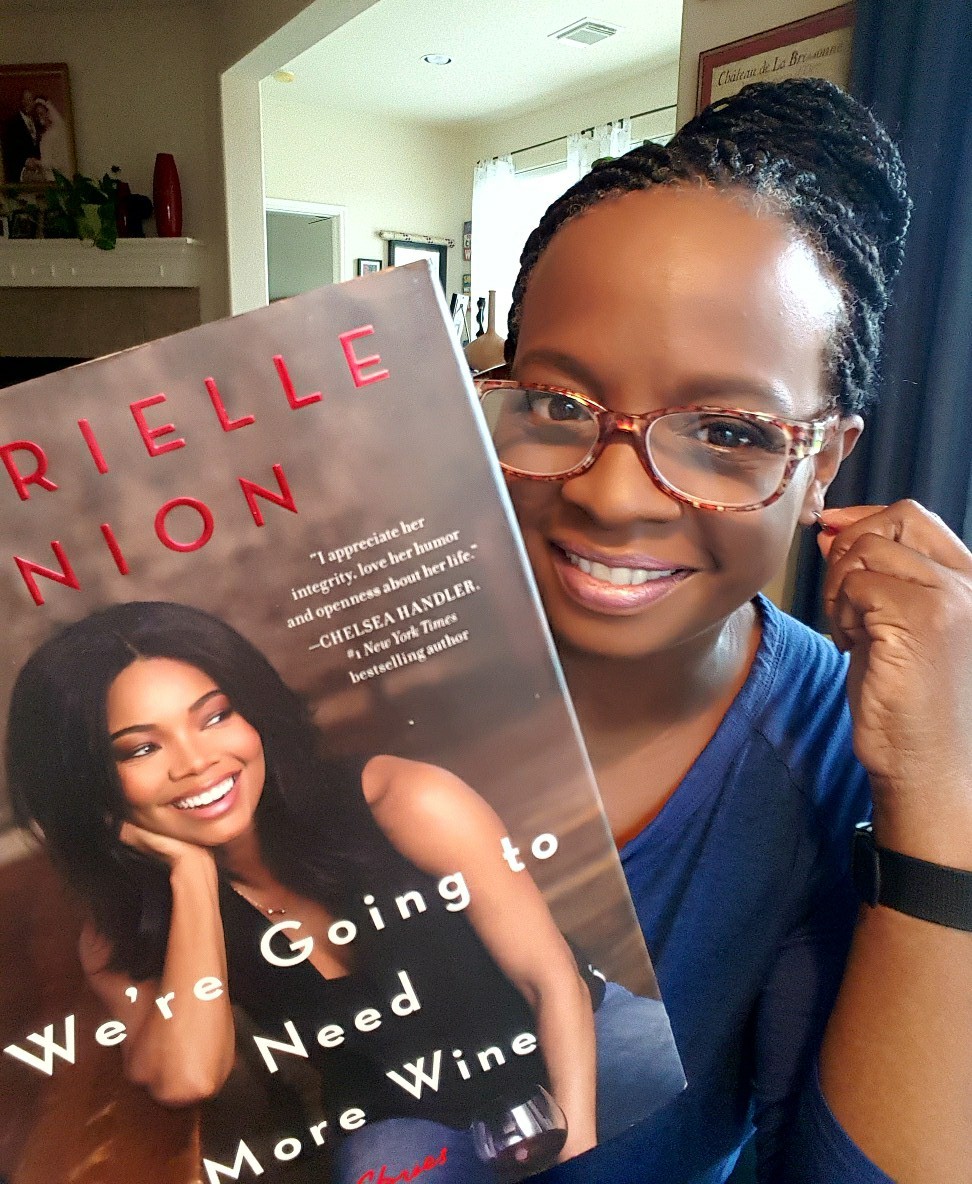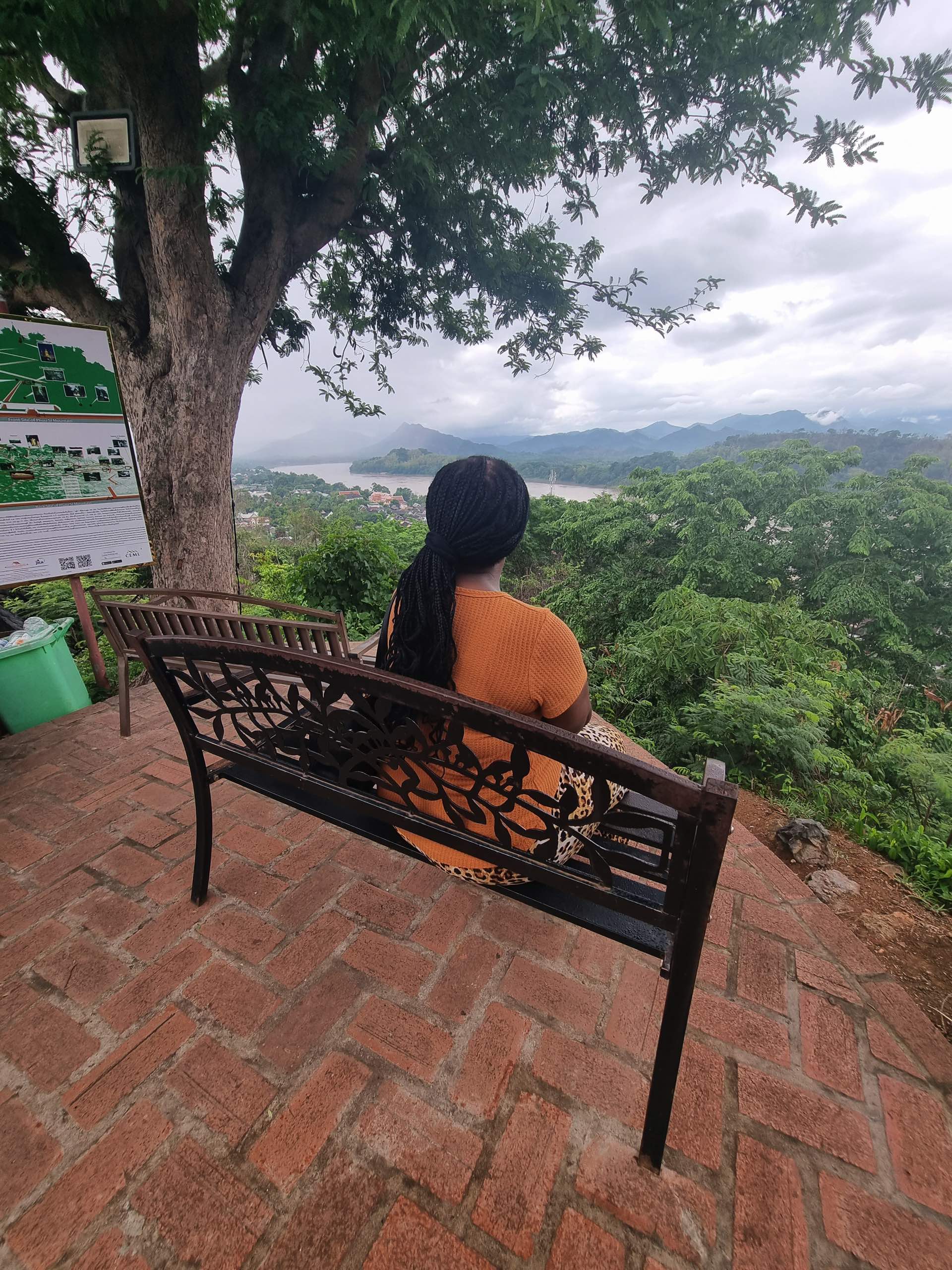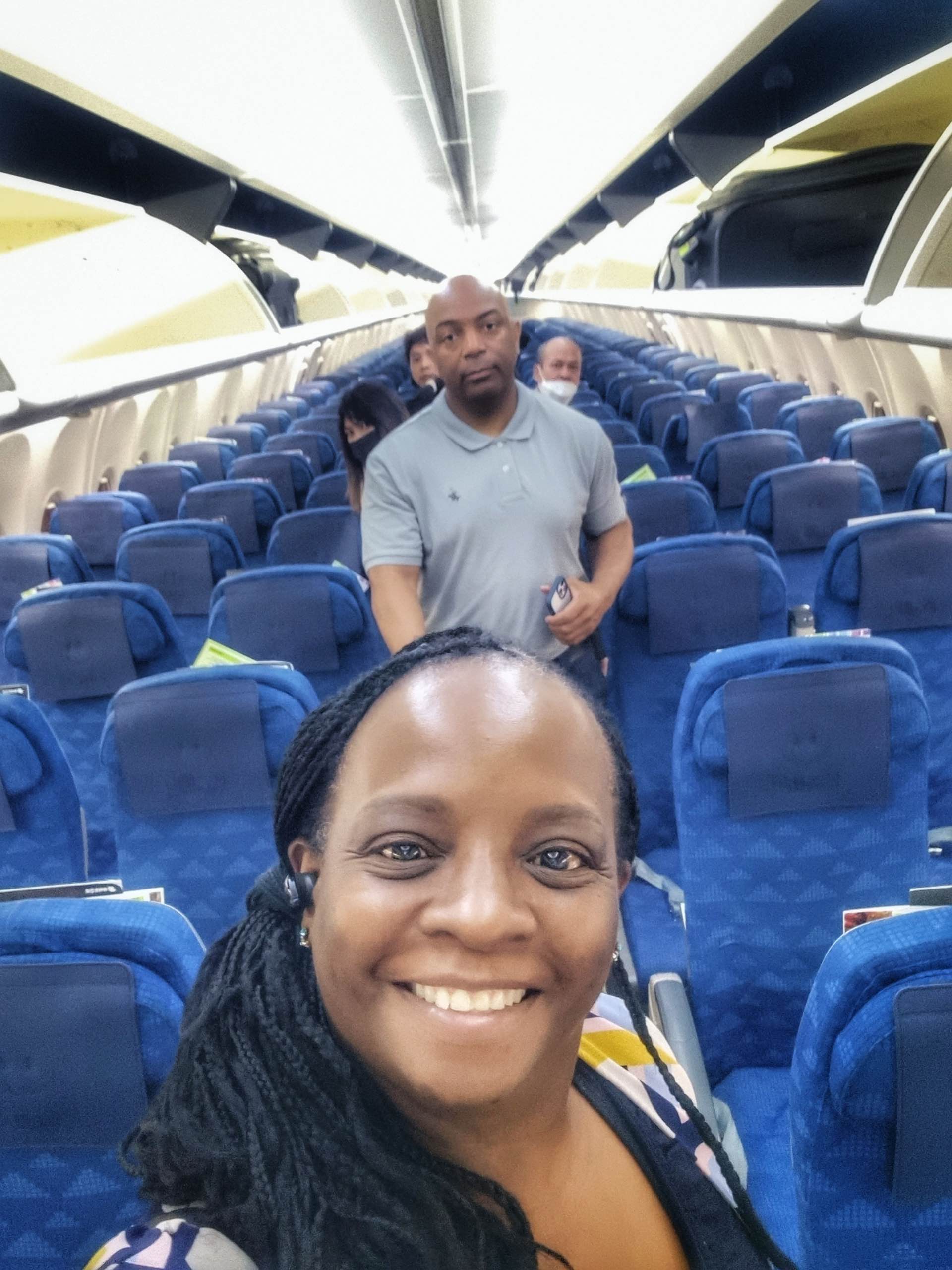|
Getting your Trinity Audio player ready...
|
I used to say we stayed in the U.S. for family. It sounded noble. Responsible. Like something a good daughter, mother, or sister would say. But after moving back from South Korea and spending a year and a half trying to make that reason feel true, I’ve started to question it. The truth is more complicated to admit, but it’s this: we’re still doing all the traveling. We’re still the ones showing up at families’ front doors. Leaving America and family ties behind feels harder than I imagined, but I fear staying here hasn’t brought us any closer to anyone. If anything, it’s revealed just how far apart we really are.
Table of Contents
- No One Visits Anyway
- Guilt Still Lingers
- Unspoken Power Dynamics
- It’s Still Complicated
- To the Woman Who’s Torn
- Coming Up Next
- Like it. Pin it.

Last month, I shared the first part of my story in Leaving America: Why Staying Is No Longer Enough. I talked about the slow realization that staying put wasn’t filling the life I wanted to build. This month, I’m digging deeper. In the second part of the series, The Myth I’m Staying to be Close to Family, I’m sharing the uncomfortable truth many of us carry: staying near family doesn’t always mean feeling close. Sometimes, it just means staying stuck.
No One Visits Anyway
We have a four-bedroom house I have to remind myself to use all of it. When we moved back to the States, I pictured noise. Laughter echoing from the kitchen. Friends dropping by with wine or pie or nothing at all. I imagined my mom at the table, our kids sprawled on the couch, maybe a game playing in the background.
But the guest rooms stay made up and untouched.
We’ve driven to New York three times. To Mississippi, three times. Kansas, too—visiting our son. I even flew to Italy to see our daughter last March. The only ones who’ve come here? Our daughter and grandson–twice. And both of those visits happened only because she had to deploy, and we kept him with us.
My mom says she’ll come this spring. I hope she does.
Meanwhile, we’re still the ones booking tickets, filling gas tanks, rearranging calendars. We’re still the ones trying. And while I don’t regret the miles we’ve traveled to see the people we love, the silence here speaks louder. It’s not closeness—it’s something quieter. A kind of distance that makes you wonder if you ever really came home at all.
Guilt Still Lingers
The guilt doesn’t come in lectures. It comes in pauses. In the way our parents sigh when we talk about leaving again. In how they say, “You know I’m not getting any younger,” as if all these years of moving were just a phase we should’ve outgrown by now.
Even Steven hesitates sometimes. He was raised in a close-knit family where cousins grew up more like siblings. Holidays meant full houses, long dinners, and stories that looped back every year. That kind of rootedness shaped him.
But I wasn’t raised with that rhythm. My dad wore a uniform. We lived by orders. I learned early how to pack up holidays, birthdays, even grief, and take it wherever we were sent. Later, I married Steven, a soldier, and kept moving. For decades, I made homes in places that were never meant to be permanent. Now I’m unsure I want one.
Now, I want to choose where I live—not be placed there. I want more than visits on borrowed time.
It’s not an easy decision. Walking away from family, even partly, never is. But staying—staying has started to feel heavier than leaving. The weight builds quietly. It’s not anger. It’s the ache of knowing what feels like home is somewhere else.
Unspoken Power Dynamics
I don’t bring in income right now. That’s just a fact. But it changes the weight of conversations when I talk about living overseas. My husband pays the bills. He makes the life we have here possible. So when I say I want something different—even just part-time—there’s a pause. He hears what I’m asking. And sometimes, he reminds me what it costs.
He’s not unkind. Just honest.
And still, the truth holds: if I were on my own, I would go. No hesitation. That’s not a lack of gratitude. That’s clarity. I’ve spent years moving where I was needed. Saying yes to what was asked. But now, the pull to start choosing for myself—to leave America for something quieter, slower, and more whole—won’t let me go.
It’s Still Complicated
Our parents are getting older. My stepfather’s health is declining. My dad is a cancer survivor. These are not small things. They weigh on me, especially when I think about what I’ll miss. The day-to-day moments. The chance to help. The conversations you can’t get back once they’re gone.
That’s part of why leaving America in midlife feels so heavy. It’s not just logistics. It’s emotional math—what you gain vs. what you might lose. All these years of being a military spouse has taught me that living nearby doesn’t always bring closeness. And distance doesn’t always mean absence.
This decision to leave America, despite leaving my family behind, reflects both my love for them and my desire to go.
To the Woman Who’s Torn
If you’re quietly reading this on your lunch break, nodding along but afraid to say it out loud—this part is for you. You’re not selfish for wanting something else. You are not ungrateful for thinking about leaving. You’re just someone who’s spent years doing the right thing, and now you wonder if it’s time to do the true thing.
Not every woman gets to ask herself these questions. I know that. I know that not having income, or being in a long-term marriage, or being a Black woman in a foreign country—these things come with layers most people don’t understand. However, I know what it feels like to weigh those layers and still want more.
My daughter lives abroad and wants to be married. She’s 40 and feels deeply the absence of a partner. Dating as a Black woman in Europe isn’t easy. She’s seen the hard side of it. I know if I left alone, I’d have to build that community from scratch—and that’s no small thing.
But I’ve also seen what life abroad gave my kids. They’re curious, open-minded, and fiercely independent. They grew up around other cultures, other languages. They serve in the military now, but they started as children who learned to adapt and thrive in unfamiliar places.
And yes—I’m that person who will always tell you the malls are better in Thailand, the cafés are more beautiful in South Korea, and the festivals in Germany are a lot more fun. The wine, the food, the things to do—they’re all better and far less expensive. That’s not fantasy. That’s lived experience. And it stays with you, even when you come home.
That’s the thing about leaving America despite family. You don’t do it because you’ve stopped loving anyone. You do it because you’ve finally started listening to yourself.
I don’t need everyone to understand why I want to go. I just need to stop pretending that staying still makes me feel whole.
Coming Up Next
Leaving America: What a Better Life Actually Looks Like
Living abroad isn’t about escape. It’s about living with intention. In the next post, I’ll share what “a better life” looks like for me—and why I believe it’s still possible.
Like it. Pin it.

This post, Leaving America: The Myth I’m Staying to be Close to Family, is a sponsored post and the 2nd in a 5-part blog series about leaving America. If you have questions or want to share your own thoughts or experiences about leaving America, please add them in the comments below.
This post contains sponsored and/or affiliate links, and I earn a commission at no extra cost to you. I appreciate your support and stand by my views. Thank you for reading this post. Don't forget to subscribe!
Discover more from Duffel Bag Spouse Travels
Subscribe to get the latest posts sent to your email.




